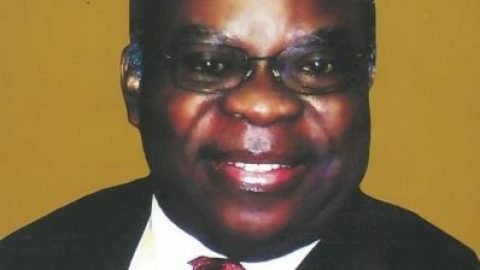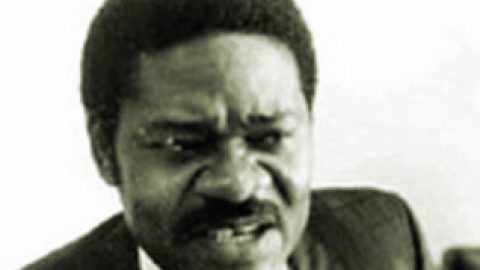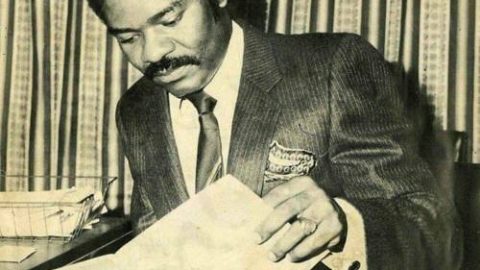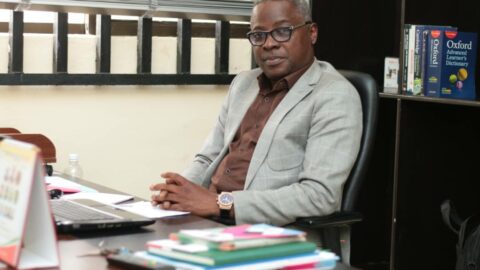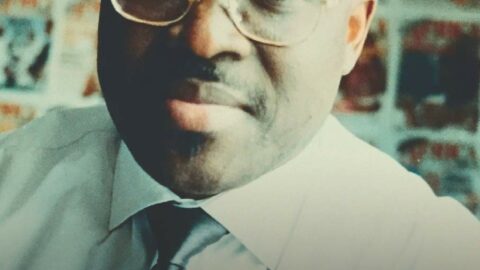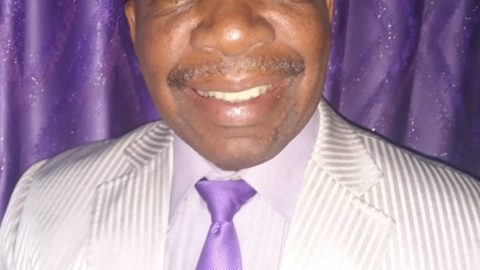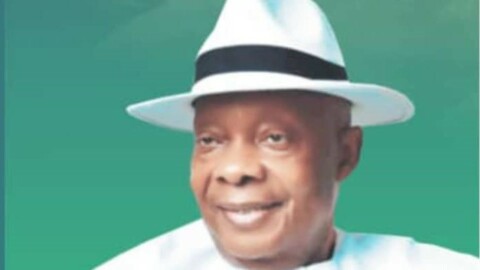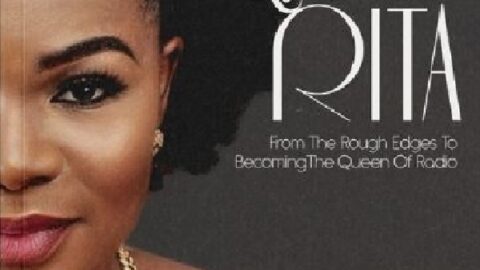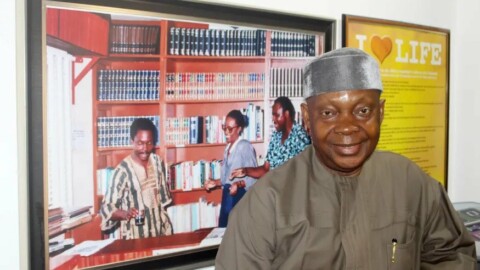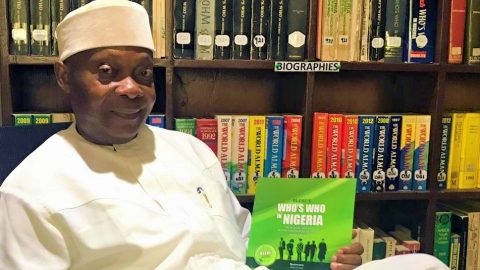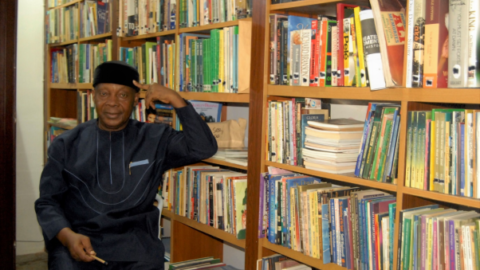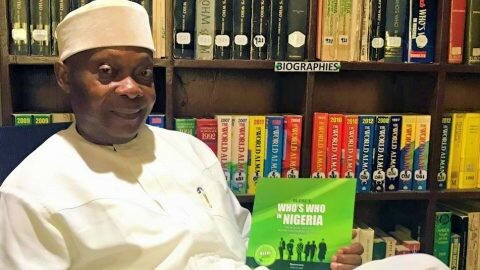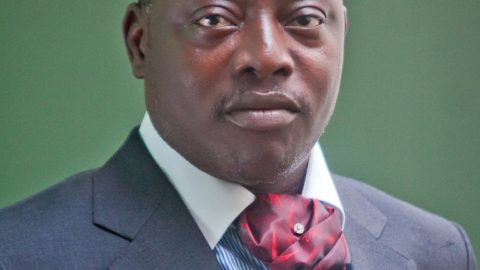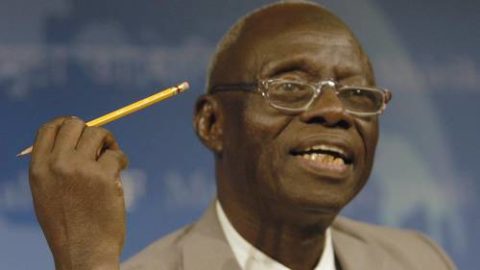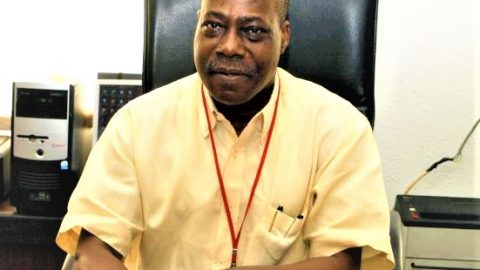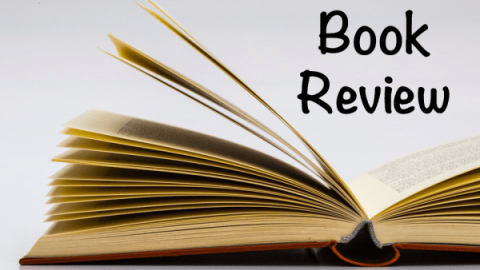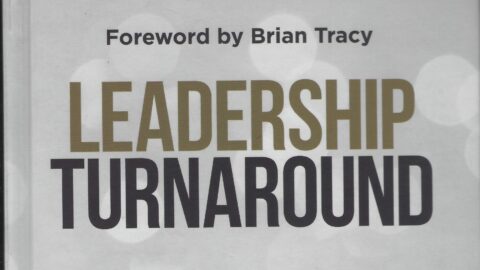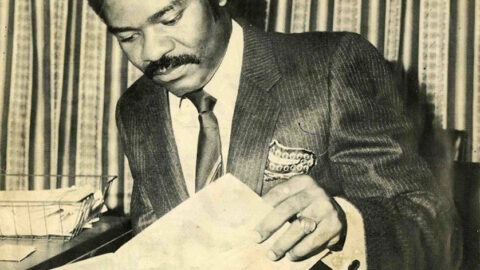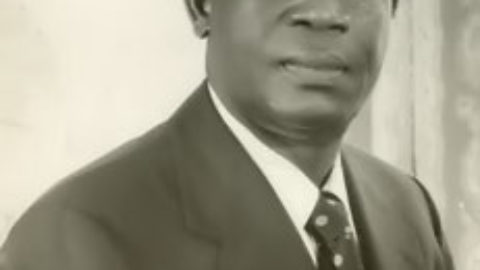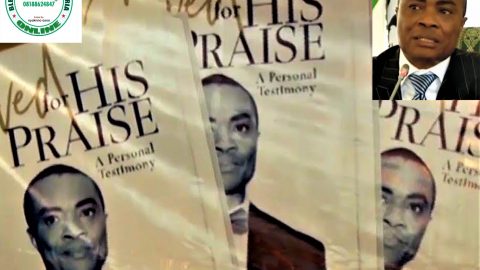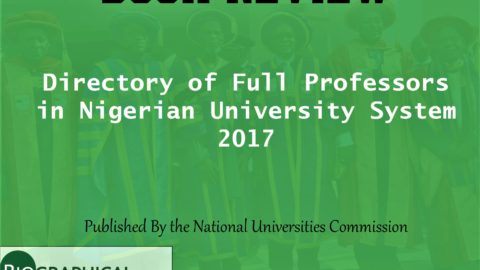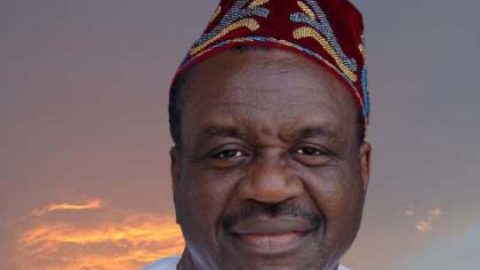“Giwa was a great journalist,” said Dele Cole, “a first-class writer… people envied his success that was to be.” The greatest tribute we can pay to this courageous Nigerian journalist is to cry out loud like Chinua Achebe’s little son on hearing of the death of Nigeria’s finest poet, Christopher Okigbo: Don’t Let Him Die!
The major purpose of this book titled Parallax Snaps: The writing of Dele Giwa (Edited by Nyaknno Osso; Nosa Igiebor, consulting editor) is to immortalise Dele Giwa, one of Nigeria’s most talented journalists, who was bombed out of existence at the age of 39 on Sunday, October 19, 1986, through the preservation of his journalistic legacy and making it available to students of journalism, practicing journalists, teachers, researchers, social historians and every intelligent reader. And by so doing, inspiring and promoting the study, analysis and criticism of his ideas, style and contributions to the body of literature on the practice of journalism in Nigeria; in addition to encouraging critics, analysts and public commentators to examine his ideals. Also, for them to scrutinise his patriotism, commitment to social justice, fairplay and freedom of expression; his obsession with the fine ethics of journalism; and his temperament and personal characteristics.
Indeed, “the written word,” to paraphrase Prophet Habakkuk, “is ageless, its message timeless, its relevance endless.” A man who wrote more than 300 lively and thought-proving columns that touched on all aspect of life, cannot and should not be ignored, nor forgotten in a hurry. In a sense, he was ahead of his time like the gifted Nigerian poet, Christopher Okigbo, who had foreseen the “going and coming that goes on forever.”
I started collecting the materials for this book on Sunday, April 8, 1979, which was the day Giwa’s article, “Golden Fleece?” – I think I got it! – appeared in the Sunday Times. It wasn’t until early 1980 that we met in Calabar during the annual conference of the Nigerian Guild of Editors, at the instance of Ray Ekpu, my editor at the Nigerian Chronicle, who brought him to my office to cross-check a certain story in his file. Giwa was surprised at what he saw: a comprehensive and meticulous documentation of all his write-ups, entitled “Dele Giwa: An Annotated Bibliogaphy, April 1979”, which has been updated and published in this book Parallax Snaps: The Writings of Dele Giwa. We became friends instantly. Later, I was invited to join Newswatch in August 1984, as the first senior management staff in charge of Research, Library and Documentation. Giwa had great confidence in me as a rigorous collector and preserver of facts and figures, and consequently handed over everything he had written up to 1984 to me for conservation. I decided to preserve the materials in a bank vault in Lagos until when the project took off.
At Daily Times, Dele as features editor maintained two columns on the famous Page Seven, which he created: “Press Snaps” and “Parallax World” (later renamed “Parallax View”), which appeared every Wednesday and Friday respectively. He was so prodigious that in many a week, he wrote four times. While at times, according to Dr. Patrick Dele Cole, the then managing director, “we found that the circulation figures for the days on which he wrote rose.” When he eventually moved to Sunday Concord as the editor in February 1980, the two columns fused into “Parallax Snaps” and became a regular feature every Sunday from March 2, 1980 to March 11, 1984. At Newswatch, he retained the title of the column “Parallax Snaps”, writing it from February 11, 1985, to October 1986.
His creative force was fierce and incomparable. He wrote hundreds of outstanding columns but only nine, most of which deliberated on journalism or the practice of it, were selected for this book. In the Bibibliographical Section, which comes as an appendix before the index, articles denoted by an asterisk are those used in this publication.
One of the most memorable moments of his career was on August 30, 1984, the day he received a public apology from the then inspector-general of Police, Mr. Etim Inyang, in compliance with a court order, for wrongful arrest and detention by the police, under the Adewusi regime in February 1983.
Apart from the first six chapters, which are deliberately blended to form a literary biography, all other materials are arranged according to the dates of publication. Each chapter begins with a ‘quotation’ as an appetiser and ends with a citation, indicating the title of the publication and the date the column first appeared. I admit to dusting off several deadline typos and recasting a few headlines. The editing was carefully done to highlight the timelessness of the message, without distorting the context and perception of the ideas.
Two interviews, one by Ely Obasi, first published in Vanguard newspaper, and the other by Kelvin Ejiofor in “JUST A CHAT”, a Radio Nigeria 2 personality programme, which appears here for the first time in print, are brought in to bridge the period of his transition from employee to employer, editor to publisher, from Concord to Newswatch. The interviews are quite revealing. For instance, how on earth did he get a job at the world’s most powerful newspaper, the New York Times? Now listen to him: “I was arguing with a couple of Nigerian students in a library one day in New York. I was looking at the front page of the New York Times when I saw an error and I said, even Dele Giwa would not commit this kind of error. And they said, there you go again. Then I replied: How do you mean, there you go again? I can go get a job in that paper. It was a Friday afternoon. They said no way! So on Monday, I got dressed, went to New York Times and got a job” (P.249). Again on another occasion, his interviewer had asked: “What animal would you wish to become if God disallowed your remaining a human, like to fly! Holding out the peace reed to mankind” (P.246).
One of the most memorable moments of his career was on August 30, 1984, the day he received a public apology from the then inspector-general of Police, Mr. Etim Inyang, in compliance with a court order, for wrongful arrest and detention by the police, under the Adewusi regime in February 1983. It was from his response to the public apology that the famous quotation – “No evil dead can go unpunished. Any evil done by man will be redressed, if not now, then certainly later; if not by man, then certainly by God, for victory of evil over good can only be temporary” – came about (Daily Times, September 5, 1984).
Perhaps, he will also be remembered as, probably, the first Nigerian reporter who was invited to observe a president of the Federal Republic of Nigeria at work, starting with having breakfast with him, spending the whole day in his office and having an in-depth interview and discussions with the First Citizen (P.138). Dele had his share of dark moments too, a period of frustration and confusion. In one breadth, he said “I’ve found myself” (P.102) and went to declare: “It is as well a way to give notice that this column, after three years, now comes into its own and will simply carry the name of its writer. Bye-bye, Parallax Snaps” (P.155). But this was not to be, since Dele later changed his mind, saying: “Every night since last Sunday, Parallax Snaps has visited me in my dreams asking why I dropped it from my column. Perhaps it is one of the vagaries of the mid-life turmoil, but I want to sleep in peace, and I just have to let Parallax Snaps have its way, so here again is Parallax Snaps” (P.156)
Giwa wrote with malice towards none. One of his strong points in the practice of journalism was his adherence to the ‘fairness doctrine’. He gave everyone a chance to reply to his column, especially if one was the subject matter of that column. I have religiously adhered to this doctrine in this book in order to maintain a high level of integrity, credibility and balance. Examples are: “Awo: Land and Conscience”; “Recklessness of Dr See Momoh”; “Oyebola’s Blah and other Blahs”; “Andy Akporugo’s Diabolical Sense of Humour”, et al.
“He was possessed of a robust skepticism about everyone and everything. He had a passionate commitment to truth… He was a compassionate man and having himself come from a lowly background, always ranked himself on the side of the poor and downtrodden and against the rich and power. He had a great zest for life…”
“Giwa was your quintessential journalist.” Said Dr. Stanley Macebuh, a lecturer. “He was possessed of a robust skepticism about everyone and everything. He had a passionate commitment to truth… He was a compassionate man and having himself come from a lowly background, always ranked himself on the side of the poor and downtrodden and against the rich and power. He had a great zest for life, but did not permit this to interfere with what he saw as his professional duty. He believed in the power and beauty of language…”
Giwa’s ability to weave ideas into a good story through creativity and wisdom, using picture words to capture the atmosphere, colour and essence of the event, was outstanding in the annals of Nigerian journalism. “Summer has always been kind to me,” he wrote in Newswatch. “Summer is my seminal season, my period of creative germination, when my thoughts run faster than my fingers on the typewriter. Unlike most others who procreate creativity in spring, the season of rebirth, and luxuriate in summer, I luxuriate in spring and procreate creatively in summer. Muse is kind to me in summer” (P.270).
Dele was an omnivorous reader, a voracious assimilator of information, a walking encyclopedia, cerebral, visionary, energetic, dynamic, fearless, restless, street-wise, chatty, domineering, clear-minded, full of drive and determination, neatly-dressed, well groomed, a mover and shaper of great ideas with complete mastery of what it takes to be a good reporter – nose for the news, eye for the great story, language, style, elegance, wit and wisdom.
“Giwa was a great journalist,” said Dele Cole, “a first-class writer… people envied his success that was to be.” The greatest tribute we can pay to this courageous Nigerian journalist is to cry out loud like Chinua Achebe’s little son on hearing of the death of Nigeria’s finest poet, Christopher Okigbo: Don’t Let Him Die!
This book is therefore dedicated to the family of Dele Giwa, and all the money generated from it will CERTAINLY go to the Dele Giwa Foundation. This is my own contribution to that Foundation.
LONG LIVE DELE GIWA.
Nyaknno Osso, editor of the Biographical Legacy and Research Foundation (BLERF)’s Who’s Who in Nigeria, wrote from Abuja.


